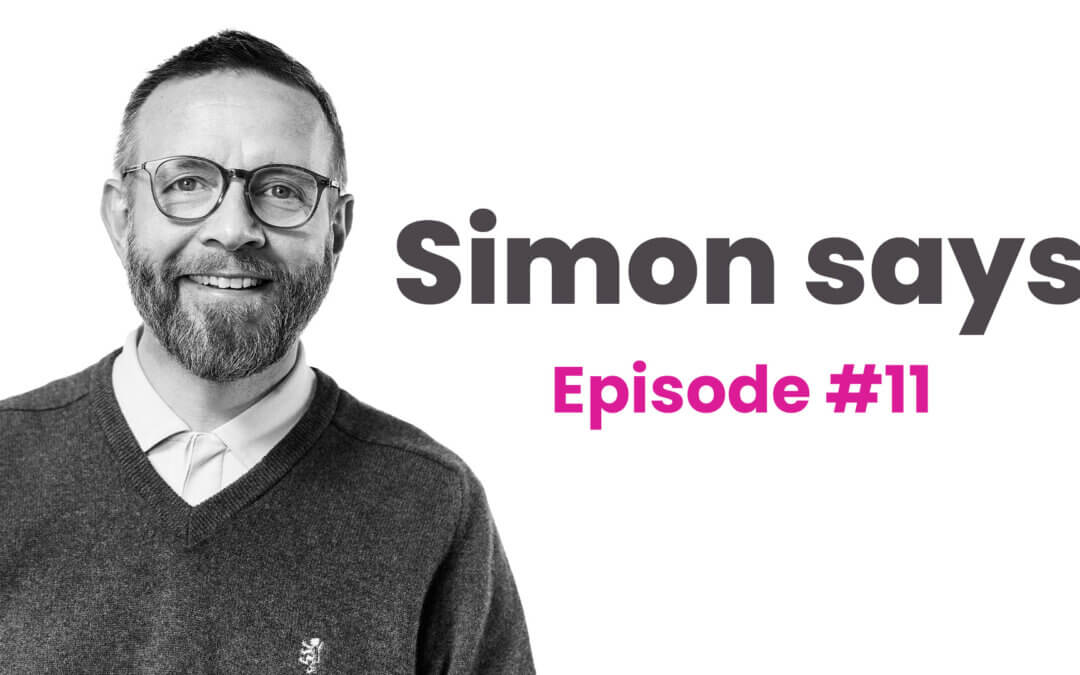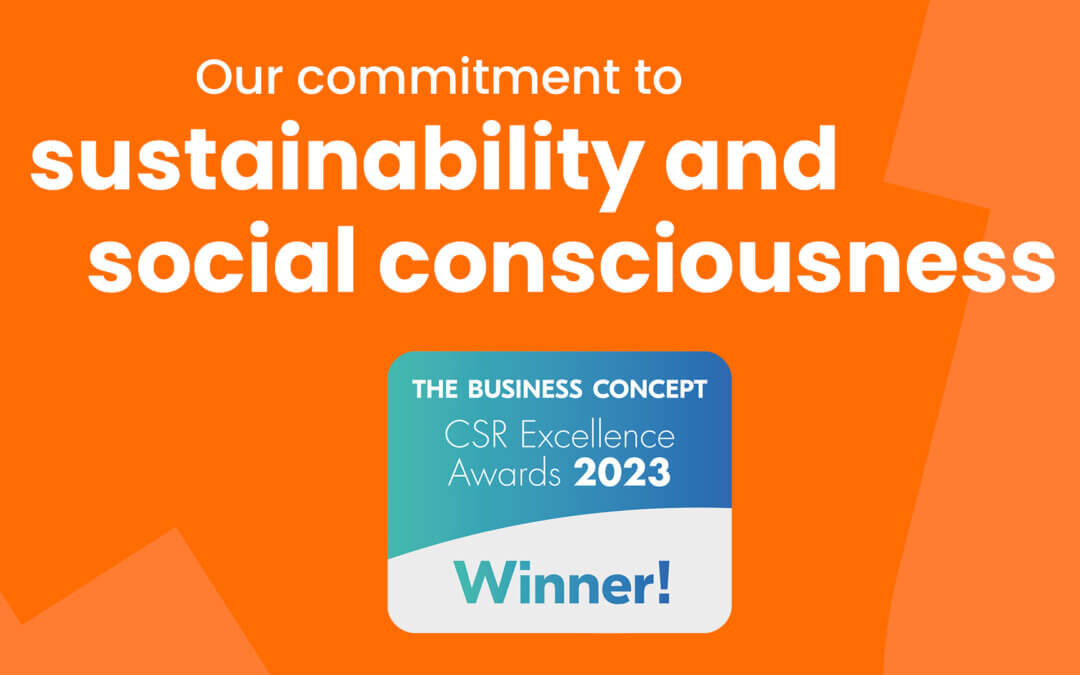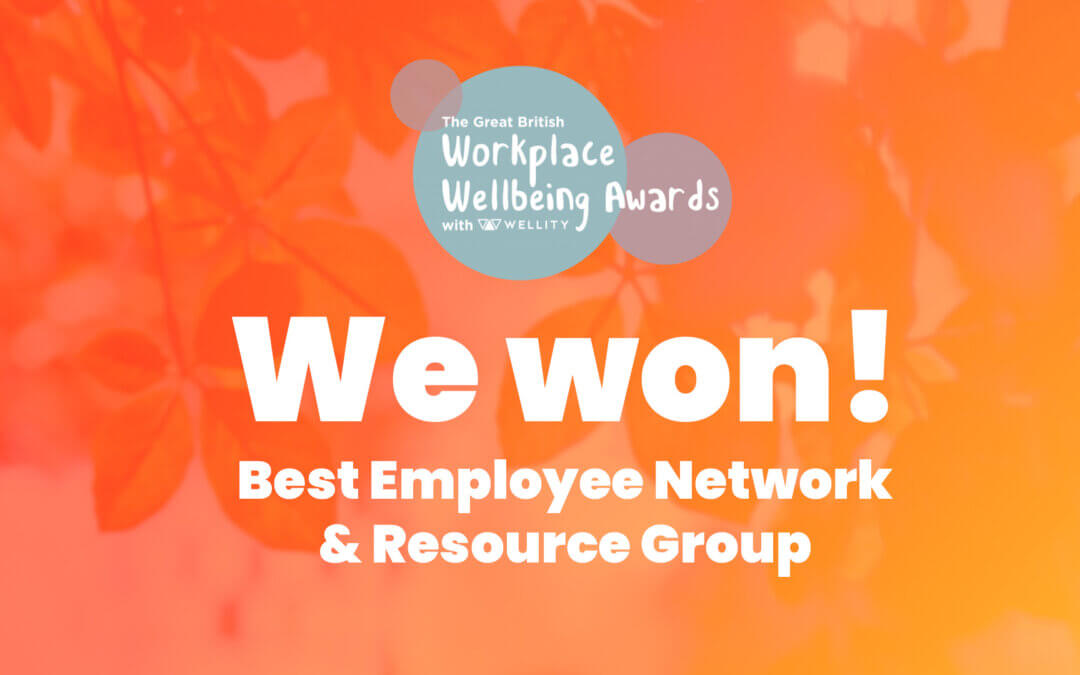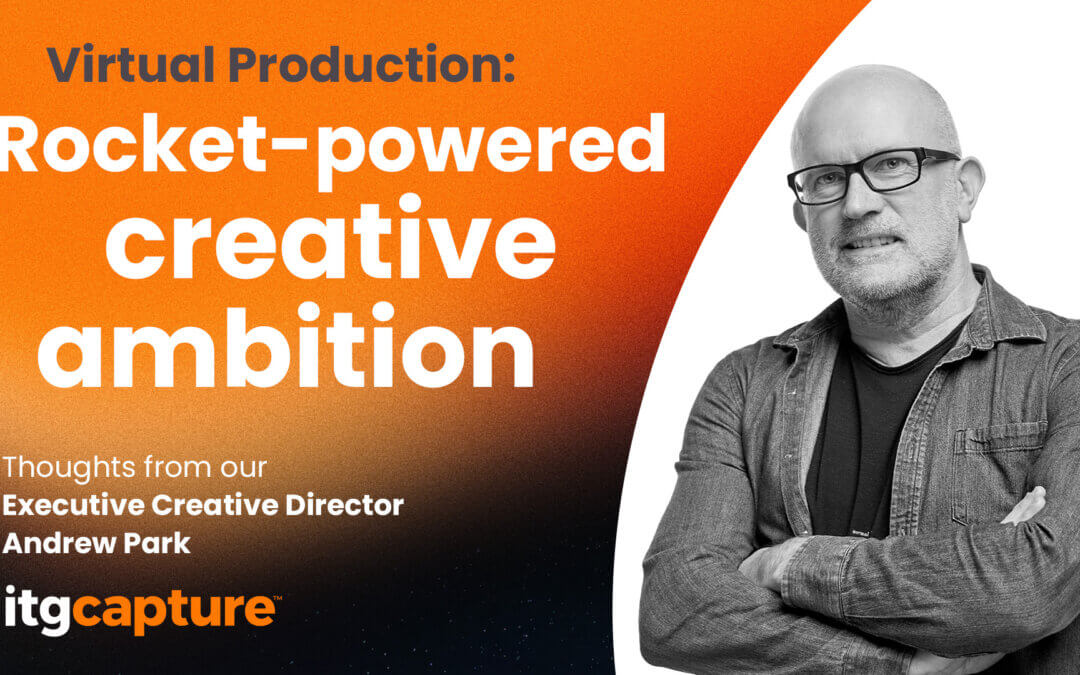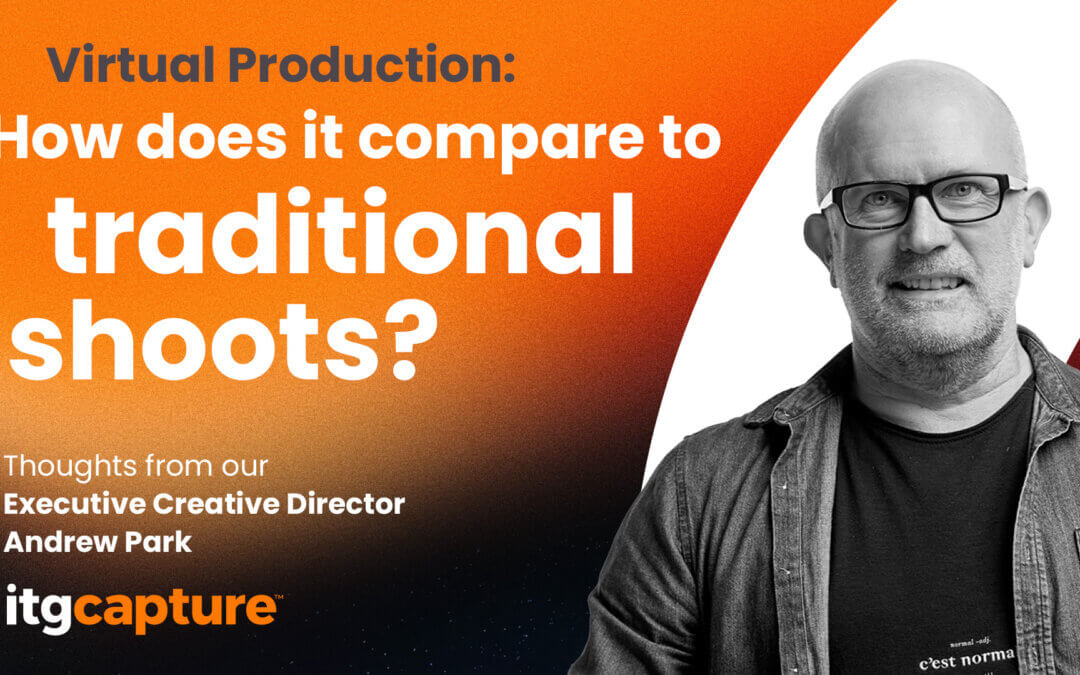Anyone can sail a ship in calm waters, but for marketers, the seas are rough – and getting rougher. How you hold the wheel now can make the difference between sailing through the storm intact and sinking without a trace.
The seas were hardly calm pre-Covid. The rapid pace of technology and the plethora of marketing channels meant marketers had to continuously innovate.
But multiple lockdowns, followed by high inflation, a cost-of-living crisis, the effects of the war in Ukraine on the global economy, China’s slowdown, and (for those in the UK) post-Brexit supply chain issues, have created market conditions where plans and budgets frequently fly out the window.
So, how do you cope in such hard times?
Agility
“Plan for the worst. Template up some alternative campaigns so you’re ready to change course at the press of a button.”
First, you accept that plans will inevitably go awry somewhere along the line. No good having a beautifully crafted three-month multichannel marketing execution plan if three weeks before Christmas your supply chain breaks down and you don’t have any of the stock you were about to promote.
As soon as you get the news, you have to tear up your strategy and content and start again, creating a whole new campaign in 48 or even 24 hours, promoting what you do have.
Ideally, your planning should include contingencies. Plan for the worst. Template up some alternative campaigns so you’re ready to change course at the press of a button.
This means having a content supply chain you trust. Whether you create campaigns in-house or via agencies, make sure they have the scalability to respond as quickly as you do.
Marketers are now having to plan and work in real time. That’s not poor management – it’s just one of the many ‘new normals’ we’re facing.
Focus
“Yes, we all love a pat on the back for a beautiful, engaging, inclusive campaign, but has it sufficiently increased revenue and found new customers?”
When times are tough and everyone is examining the bottom line on a daily basis, put your effort into the important stuff – generating leads and, above all, sales – and doing it at a cost that maximises ROI.
This doesn’t mean you have to chuck out your other brand ambitions, just that your core focus should be on generating a positive bottom line.
Despite the economic problems faced by companies everywhere, I still facepalm when I go to marketing events and all the panellists want to talk about is this or that award for beautiful creative, while burying their heads in the sand when it comes to the economic woes faced by the industry.
Or there’ll be praise for an ingenious app. But if they’ve only thought about the functionality and not made the effort to ensure the right people receive it (this happens a lot), then what’s the point?
Yes, we all love a pat on the back for a beautiful, engaging, inclusive campaign – and it does help attract high-quality creatives to your fold – but has it sufficiently increased revenue and found new customers?
When anyone gave a suggestion to ‘Carry On’ films director Gerald Thomas on how a scene might be improved, his stock answer was, “if it doesn’t get me another laugh, I’m not interested.”
Marketers need to take the same approach: it doesn’t matter how creative the idea, if it doesn’t maximise sales, don’t tell me about it.
And if what you’re doing isn’t driving sales, be ready to come up with something that does.
The creativity is in the data
“The reason I’m most proud of this? Because of the ingenuity our team and Wickes showed in interpreting the data and understanding what drives their customers.”
My company has won its share of creative awards, and they’re all nice to have. However, of all the recent gongs we’ve taken home, the one that I’m proudest of is Marketing Week’s top prize for 2022, the ‘Grand Prix’, which was awarded to home improvement retailer Wickes for the Mission Motivation Engine (MME), the machine-learning tool our team developed alongside the brand.
The MME also won two golds at the same awards, for ‘Retail & Ecommerce’ and ‘Best Use of Segmentation’, making it the most successful innovation of the evening.
The reason I’m most proud of this? Because the ingenuity our team and Wickes showed in interpreting the data and understanding what drives their customers, and the solution they developed to meet this, demanded far more creativity than any visual campaign I’ve ever seen.
And, of course, because the success is measurable – £7 million in additional revenue through the first MME programme alone, achieved within just six months.
A deep excavation of the data showed our data scientists that many customers were using Wickes to buy single products for their home improvement rather than, say, complete kitchens or bathrooms.
The MME platform tracks the searches and social activity of individual customers to understand exactly what home improvements they’re planning, then sends personalised communications showing the ‘whole room’ suggestions that match their aspirations.
This can only be achieved when, as a marketer, you’re prepared to put your trust in the data to achieve your revenue goals.
No more ‘givens’
“‘It’s a given’ no longer applies. There are no longer any givens in marketing.”
Lots of companies traditionally promote around the World Cup, including Hospitality, which has always taken advantage of the massive customer draw of the event. It’s a given.
But in 2022, activity from the sector at the start of the tournament was negligible. Why? Because the Qatar World Cup was in the winter and clashed with Christmas. The first near-normal Christmas for Hospitality since 2019.
Why promote around the World Cup when you’re already full to capacity? In some cases, plans were drawn up, but not implemented once booking started to mount up. There was no need for theme nights and match events when the Cup is crowbarred between Black Friday fortnight and month-long Christmas promotions.
“It’s a given” no longer applies. There are no longer any givens in marketing – just agile campaigns based on current market conditions and up-to-date customer data.
Unified business
“One of the first things that can suffer when times get tough is support for staff”
The marketing department doesn’t work in a vacuum. It relies on support from across the business, and it functions best when the rest of the business is pulling together.
One of the first things that can suffer when times get tough is support for staff. If you’re a senior marketer within the company, use your influence to push the C-suite into building stronger ties with their colleagues.
If revenues fall, companies can rarely announce generous pay awards, but that doesn’t mean you can’t support your teams in other ways.
As a marketer, your skillset includes communicating and engaging with people, and when crises hit, you can divert some of that expertise internally.
During the first lockdown, we all sailed into uncharted waters. Colleagues switched to working from home and, in some instances, being furloughed. For office-based companies, this came with a range of anxieties – would work get done? How would your staff cope? Is the tech up to it? Would the lines of communication work?
Our marketing team, supported by senior management, sprung into action. They launched an immediate dedicated social media channel, organised fun online events and set up daily activities for children of employees. Wellbeing initiatives went into overdrive, with daily yoga sessions, counsellor one-to-ones, talks and seminars, regular video updates presented by senior staff.
We were fortunate enough to need only limited furlough. But we rotated those on furlough and line managers kept in regular contact via Teams.
We’re not the only company who did this, but I met too many people who had been furloughed for three months with not a single communication from their company. No points for guessing which companies suffered staff losses and poor morale when lockdown ended.
Stand your ground
“Marketing budgets are a soft target when it comes to swinging the axe. If you can’t justify your spend, the stroke is likely to cut deep.”
To do what you need to do requires budget. When belts tighten, everyone has to make sacrifices. But as we all know, marketing budgets are a soft target when it comes to swinging the axe. If you can’t justify your spend, the stroke is likely to cut deep. And, being brutal, if you can’t justify your spend, then maybe it should.
This is why data-driven initiatives with measurable ROI trump award-winning creative campaigns every time.
What is a better justification for boosting your marketing activity: “This £500k spend is projected to earn £4 million in revenue” or “this £500k spend will win us creative accolades and great traction on Mumsnet”?
Companies that cut marketing and sales effort when budgets are tight are being short-sighted, we know that. But unless you have the data to demonstrate the effectiveness of your marketing efforts, you’re fighting a losing battle.
And it’s not just the C-suite you need to convince. You need to give them the weapons to fight the battle for you – the arguments, yes, but above all the numbers.
If your company is public, you have to convince shareholders. If private, there’s every chance someone from a private equity company is breathing down the necks of your Board members.
The battles with investors are won on spreadsheets, not in the colourful world of creative marketing. If you can’t justify every element of your marketing activity, you can’t justify your budget.
None of this is about preserving budget for budget’s sake. Marketing is one of the key drivers that can turn a struggling business into a successful one, and you need that budget to help ensure your company goes from strength to strength.
To do that, you need to be agile, reactive, customer-centric, data-driven, and above all, laser-focused on activities that maximise measurable ROI. Only then will you have fully adapted to the new normal.
We’ve got plenty more from our Simon Says series on the way – so look out for new articles dropping over the coming weeks and months! Check out the series in full here, and if you’ve got any questions about this article, or want to know more about our connected creative services, contact hello@teamitg.com
Fill in the form and we’ll get back to you.


